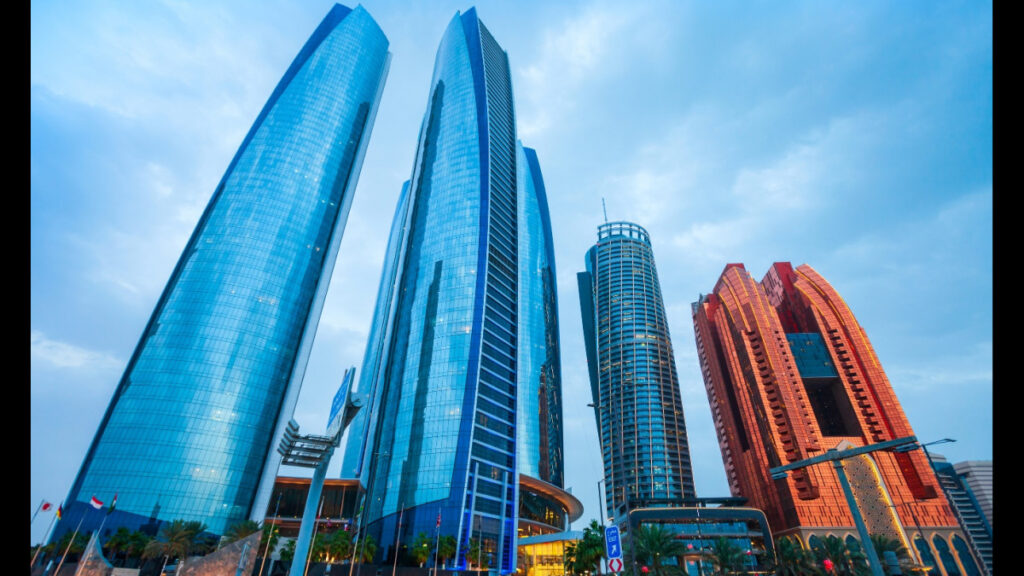Dubai, with its breathtaking skyline and thriving economy, has become an enticing destination for global investors seeking to expand their real estate portfolios. As a foreign investor, navigating the property market in Dubai can be a lucrative venture. However, it requires understanding the regulations, processes, and potential risks involved.
Read on to understand the key considerations for foreign investors looking to acquire properties in Dubai. However, keep in mind that it is always a good idea to consult property management services before dipping toes in the market – especially for foreign investors.
-
Understanding Ownership Structures
Dubai offers various ownership structures for foreign investors to Buying Property in Dubai. It is essential to familiarize yourself with the different ownership structures available to determine the best fit for your investment goals and legal obligations.
One popular option is freehold ownership, allowing investors to have full ownership of the property, which can be passed down through generations. These areas include popular locations such as Dubai Marina, Palm Jumeirah, Downtown Dubai, and Jumeirah Lakes Towers. Another structure is leasehold ownership, which grants investors a long-term lease for a specific number of years – typically 30 to 99 years.
-
Legal Framework and Regulations
Dubai’s property market operates under a well-regulated legal framework that ensures transparency and protects the rights of investors. The Real Estate Regulatory Authority (RERA) oversees the market, enforces regulations, and sets guidelines to maintain a fair and secure environment. Foreign investors must ensure compliance with these regulations, including obtaining necessary permits, conducting due diligence, and understanding property registration processes.
Additionally, all property transactions in Dubai, whether buying or selling, require proper registration with the Dubai Land Department (DLD). This process ensures the legal transfer of ownership and protects the rights of the buyer and seller. Engaging the services of a reputable real estate broker in Dubai can greatly facilitate the transaction process while providing peace of mind.
-
Financing Options and Mortgages
Financing options for foreign investors in Dubai have expanded in recent years, making it more accessible to secure mortgages. Local and international banks provide financing solutions tailored to the needs of investors. However, eligibility criteria, interest rates, and down payment requirements may vary. It is advisable to engage with reputable financial institutions and mortgage advisors to explore the available options and select the most suitable financing solution for your investment.
-
Rental Market and Returns
Dubai’s property market offers attractive rental yields, making it an appealing prospect for investors seeking regular income streams. Depending on location, property type, and market conditions, rental yields can range from 5% to 8% annually.
Understanding the rental market dynamics, such as average rental yields, tenant preferences, and potential rental returns, is essential for making informed investment decisions. Working with experienced property management companies can help optimize rental income and minimize vacancy periods, ensuring a stable and profitable investment.
-
Investment Zones and Areas
Dubai offers a wide range of investment zones and areas, each with its own unique characteristics and potential for growth. From luxurious beachfront properties to vibrant business districts and off-plan property for sale in Dubai, investors have ample options to explore. It is crucial to research and identify the zones that align with your investment strategy.
Consider factors such as market demand, infrastructure development, proximity to transportation hubs, and future growth prospects to maximize returns on your investment. Dubai continues to invest heavily in infrastructure development, further enhancing the appeal of its property market. Projects such as Expo 2020, Dubai Metro expansion, and various hospitality and entertainment developments contribute to the city’s growth and potential for future property value appreciation.
-
Taxation and Fees
Dubai’s favourable tax environment is a key factor that attracts foreign investors. The absence of income tax and capital gains tax on property investments is a significant advantage. However, investors should be aware of other fees and expenses, such as property registration fees, service charges, and maintenance costs. Calculating the overall investment costs and factoring in these expenses is crucial for accurate financial planning.
Endnotes
Dubai’s property market offers an array of opportunities for foreign investors looking to diversify their portfolios. Through an understanding of ownership structures, legal regulations, financing options, and more, investors can make well-informed decisions that align with their goals.
With careful planning, diligent research, and expert advice, foreign investors can embark on a successful and rewarding property investment journey in Dubai.


